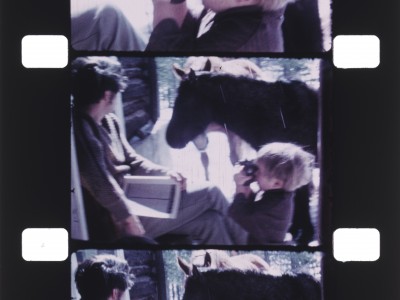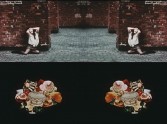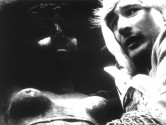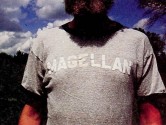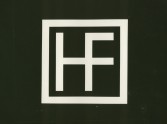
Carriage Trade
Short Fuse
Warren Sonbert (1947-1995) called Carriage Trade his magnum opus, a visual journey encapsulating his travels over four continents in six years. Only in his twenties, Sonbert had already traveled throughout Europe, Africa, Asia, and North America with a film camera. Carriage Trade weaves that footage together with shots Sonbert removed from a number of his earlier films, offering the viewer multi-faceted readings of the connections between shots, including the "changing relations of the movement of objects, the gestures of figures, familiar worldwide icons, rituals and reactions, rhythm, spacing and density of images" (WS). Ultimately, Carriage Trade is a meditation whose elegance and humor celebrate the world Sonbert encountered, transforming diaristic footage into a thrilling visual symphony.
Sonbert was also a recognized opera critic. In 1986, he published excerpts from his feature-film screenplay adaptation of Strauss' Capriccio, his favorite opera. Short Fuse, completed six years later, underscores a question raised by Capriccio: whether in opera the music or the libretto takes priority. In Short Fuse the soundtrack competes with the film's images, prompting the viewer to consider a similar dilemma. Made after Sonbert learned he was HIV-positive, the rapid, stark images reflect themes from Capriccio as well as Sonbert's increasingly intense understanding of beauty and transience.


